Will the monarchy and Church of England be 'dismantled' when Prince Charles becomes king?
Royal commentator Richard Fitzwilliams offers his insights on National Secular Society report.
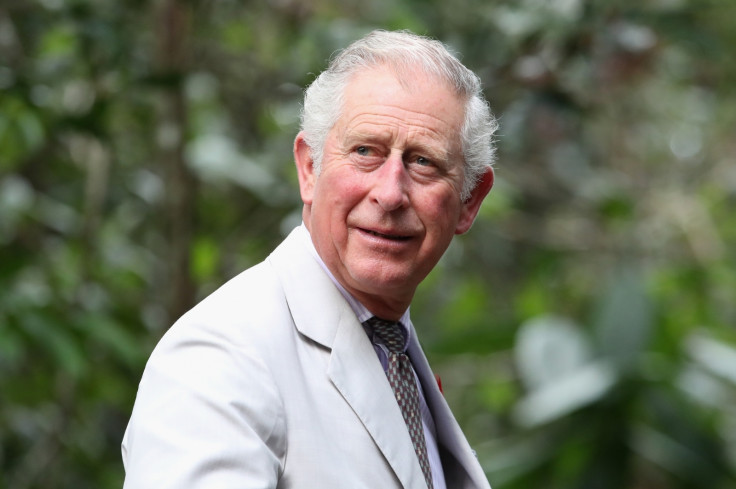
The relationship between the church and state when Prince Charles ascends the throne is being hotly debated. When the heir to the throne, 68, eventually becomes king, he will be the Supreme Governor of the Church of England just like every other British monarch since Henry VIII's break with Rome in 1534.
But his accession is set to raise a ''particularly opportune moment'' on the possibility of disestablishing the Church of England, according to a new report by the National Secular Society (NSS).
The 'Separating Church and State: The Case for Disestablishment' document claims that Prince Charles will antagonise the non-Anglican majority of the UK population if he retains a coronation oath. This would overtly commit him to uphold the tenets of the Anglican faith.
The NSS has recommended a ''gradual dismantling, rather than securing a single clean break'' of the Church of England – a decision that will likely anger royalists and Anglican believers.
The report also reads: "The wording of the coronation oath, which implies that anyone not sharing the beliefs promulgated at the service are not to be included as full citizens of the state, does little, for an event that is supposed to unite the nation, to suggest any kind of inclusivity."
It also cited several examples of disestablishment, including Ireland in 1871 and Wales in 1920.
Royal commentator Richard Fitzwilliams insists that there will be no change in the status of the Church of England when Charles ascends the throne.
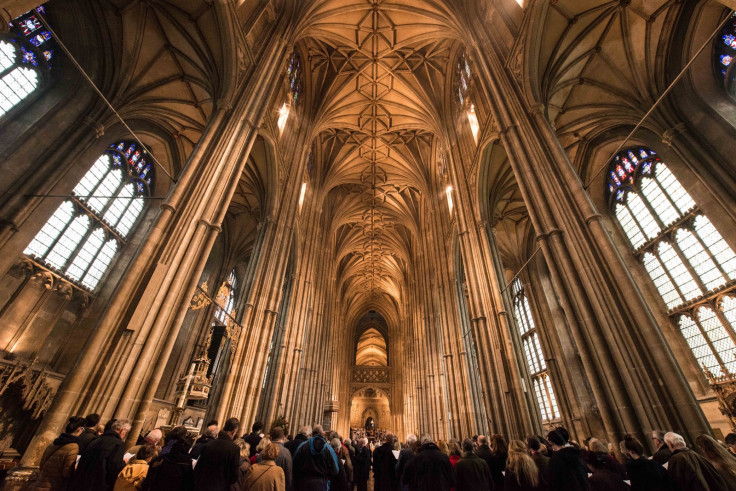
He told IBTimes UK: ''The Prince has indeed declared he would rather be "Defender of Faith" which was highly controversial when he broadcast this view in 1994.
''He has since clarified it to mean that the Church of England would, as the Queen put it at Lambeth Palace at an event to commemorate her Diamond Jubilee, an umbrella under which other faiths can live in harmony.
''It is therefore accepted that on his accession there will be no change in the status of the Church of England which is our state church.''
The NSS report acknowledges Charles' reported wish to remain the defender of faith, rather than ''the faith'', adding: ''The traditional title will be antagonistic for the non-Anglican majority of the UK population. On the other hand, attempting to avoid this difficulty by adopting the title 'defender of faith' will antagonise many supporters of the Church of England."
Fitzwilliams also points out portions where the NSS report is incorrect, continuing: ''The National Secular Society claim that the Coronation Oath will antagonise the non-Anglican majority and that in a multi-faith and non-faith society, the Church of England's status is anachronistic.
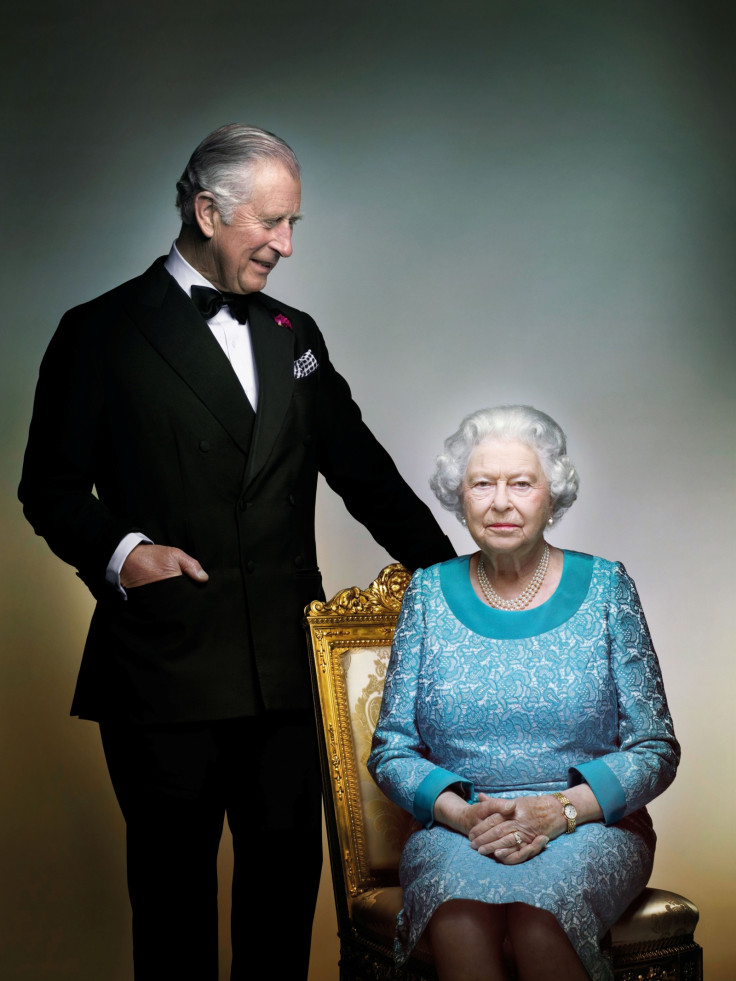
''This is wrong, especially in such a society where you need social cohesion, which the link with a state church provides. The Coronation is a time when the nation can come together under the monarch who is a symbol of national unity and as such represents all faiths and those who believe in none.''
Highlighting the important relationship of the church and state, he said: ''The link between church and state provides common ground for the nation and is not for the preservation of vested interests.
''The Queen is deeply religious and there will be certainly no change during her reign. In subsequent years alarming statistics, showing most recently that just over half the nation are non-believers, only some 15% are followers of the Church of England as opposed to 40% in 1983 (British Social Attitudes Survey).
''The fact it has fewer young adherents may well mean that the future relationship between church and state does alter fundamentally and may mean disestablishment eventually which would be extremely sad.
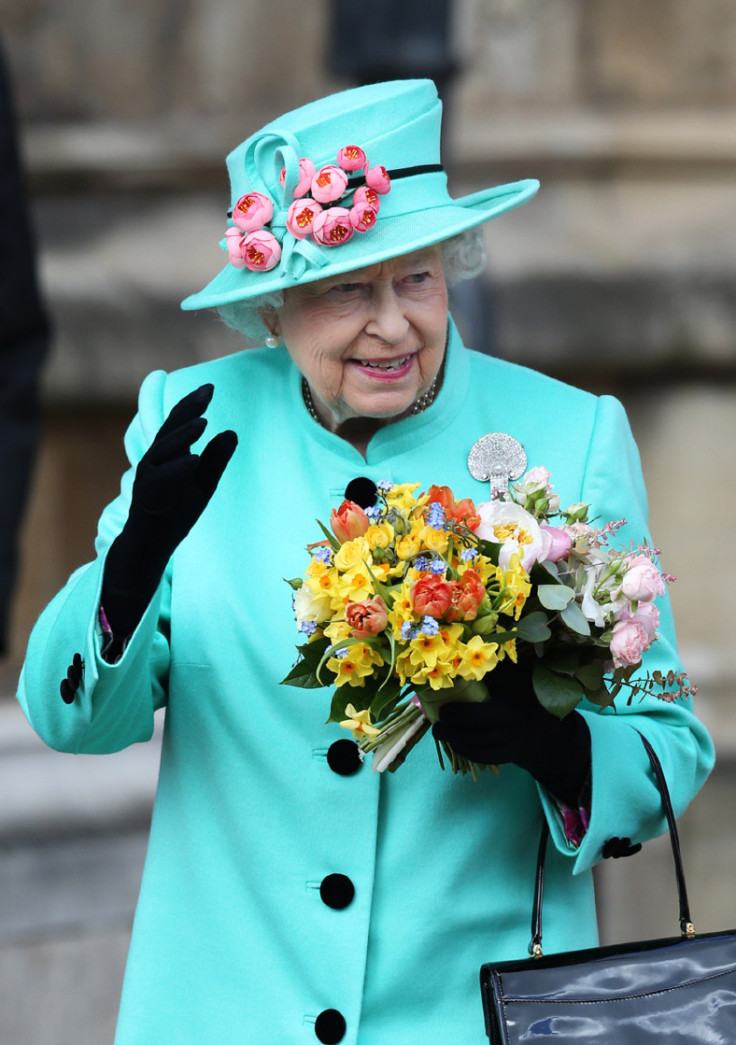
''Occasionally, an event such as the Coronation in 1953, can mean renewed interest in the Church of England and the forthcoming royal wedding between Prince Harry and Meghan Markle will give a potential audience of billions access to its wonderfully colourful rituals with their deep spiritual meaning,'' he continued.
Prince Harry, 33, is set to marry Suits actress Markle, 36, in a traditional ceremony in St George's Chapel at Windsor Castle where she will be baptised beforehand.
The report also claimed that the current stance of the Church on issues concerning homosexuality, same-sex marriage and the decriminalisation of assisted suicide is askance with 21<sup>st century views.
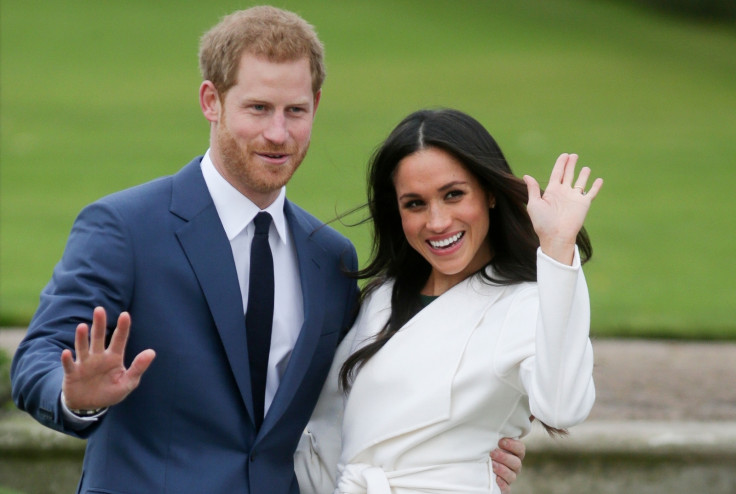
Regarding this unease with modernity, Fitzwilliams explained: ''The Church of England is indeed divided on important social issues and changes in its doctrine to modernise it are undoubtedly both necessary and inevitable. The NSS's report is correct in highlighting its divisions in areas such as women's rights and same-sex marriage.
''The status of Bishops in the House of Lords is up for debate as is the future of the Second Chamber as presently constituted. I think that the report's claim that church leaders are able to impose their will on others because of their special status is without foundation unless clear proof is offered.
''The link between church and state provides common ground for the nation and is not for the preservation of vested interests,'' he concluded.






















